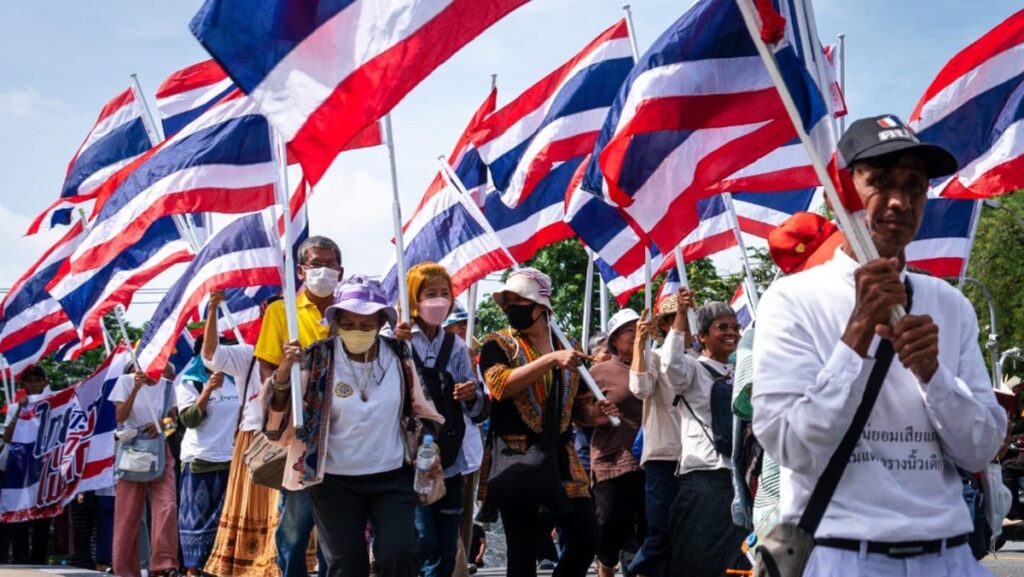PERSONAL TIES, POLITICAL STRAIN
The two countries appear to have been taking their relations for granted, says Dr Pavin Chachavalpongpun of Kyoto University’s Centre for Southeast Asian Studies.
“During good times, leaders would be willing to put aside history, but when a regime becomes vulnerable or encounters domestic challenges, sometimes it is easy and convenient and even legitimate to bring back the wounds of history to divert domestic attention,” Dr Pavin told me.
Thailand and Cambodia share an 820km land border, parts of which are still not demarcated, and parts of which include ancient temples that both sides have contested for decades.
On May 28, a Cambodian soldier was killed in an exchange of gunfire between both nations’ troops at a disputed spot between Cambodia’s Preah Vihear province and Thailand’s Ubon Ratchathani province, reigniting tensions.
The incident triggered the most serious crisis between Cambodia and Thailand in years, with both sides making bristling statements and beefing up troops while scrambling to convene a two-day meeting of their Joint Boundary Commission (JBC) in Phnom Penh – which ended with no conclusion on Jun 15.
For Ms Paetongtarn, the crisis is an early test of leadership. Installed last year through a fragile coalition, she inherited both the Shinawatra name and its baggage. Her statement following the JBC – that Thailand “will not tolerate maltreatment, accusations or threats from any party” – was widely seen as an effort to project firmness. But the leaked phone call and the perception that she had undermined her own army’s authority has complicated that stance.
She is now facing mounting calls to resign. The conservative Bhumjaithai Party, the second largest in the alliance, pulled out of the coalition on Jun 18, saying Ms Paetongtarn had “damaged the sovereignty and well-being of the country and Thai Army”.
Read the full article here

